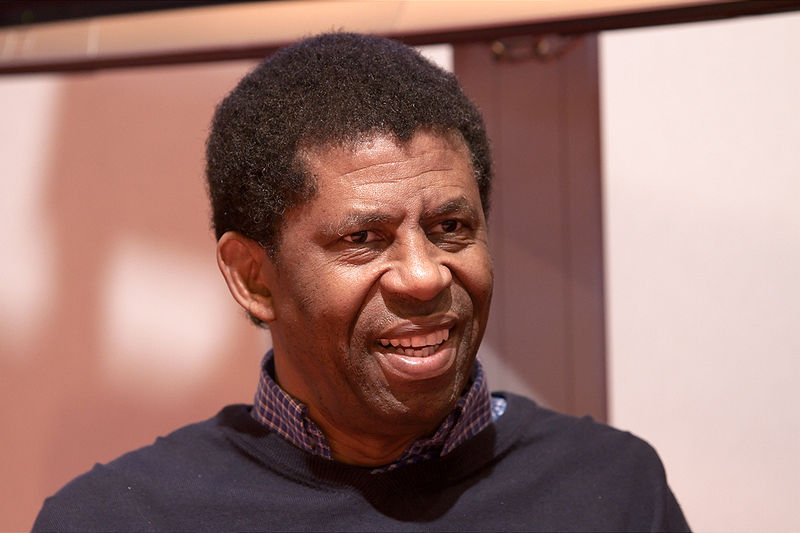Arthur John Arbuthnott Stringer
Arthur John Arbuthnott Stringer, journalist, poet, novelist, screenwriter (b at Chatham, Ont, 26 Feb 1874; d at Mountain Lakes, NJ, 13 Sep 1950). Arthur Stringer lived most of his early life in Canada, growing up in the London and Chatham areas of south-western Ontario and buying a farm in Cedar Springs, Ontario in 1903. He attended University College at the University of Toronto (1892-1894) and later studied at the University of Oxford. Stringer lived briefly in New York, where he wrote for the Atlantic Monthly and Harper's Magazine. During his time there, Stringer befriended notable Canadian poets such as Bliss Carman and Sir Charles G.D. Roberts. In 1921 Stringer sold his farm in Cedar Springs, moving permanently to the United States. He purchased property in Mountain Lakes, New Jersey, where he resided until his death in 1950.
Arthur Stringer began his professional literary career at the Montreal Herald (1897-1898) and the American Press Association. He was a prolific writer who published works in a number of genres. Stringer published 15 volumes of poetry, 22 screenplays and over 40 novels.
Among Arthur Stringer's many poetry publications, Open Water (1914) stands out as a seminal Canadian modernist collection. In the foreword to Open Water, Stringer describes the modernist movement as a natural evolution rather than a reactionary movement. This contention stands in contrast to the idea that the free-form and free-verse style of modernist poetry was created to stand in opposition to the forms of its predecessors. He states that "all art...has its ancestry" and that it is the duty of poetry to remember this ancestry while moving forward. Modernist stylistic influences can be seen throughout Stringer's Open Water, particularly in the utilization of free verse and non-rhyming stanzas.
Arthur Stringer is most known for his novels, which span several genres, including crime (The Wire Tappers) and adventure stories situated in Canada's north (Empty Hands). He is best known for his "prairie trilogy": Prairie Wife (1915), Prairie Mother (1920) and Prairie Child (1922). The trilogy progresses from a romanticized vision of pioneer life to a realistic portrayal of the harsh realities of Canada's wilderness. Written in epistolary form, the work is reminiscent of works by earlier Canadian writers Susanna Moodie and Catherine Parr Traill both formally and thematically.
London's Thames Valley District School Board honoured Stringer by opening Arthur Stringer Public School in 1969, an institution with a specific focus on childhood literacy.

 Share on Facebook
Share on Facebook Share on X
Share on X Share by Email
Share by Email Share on Google Classroom
Share on Google Classroom

